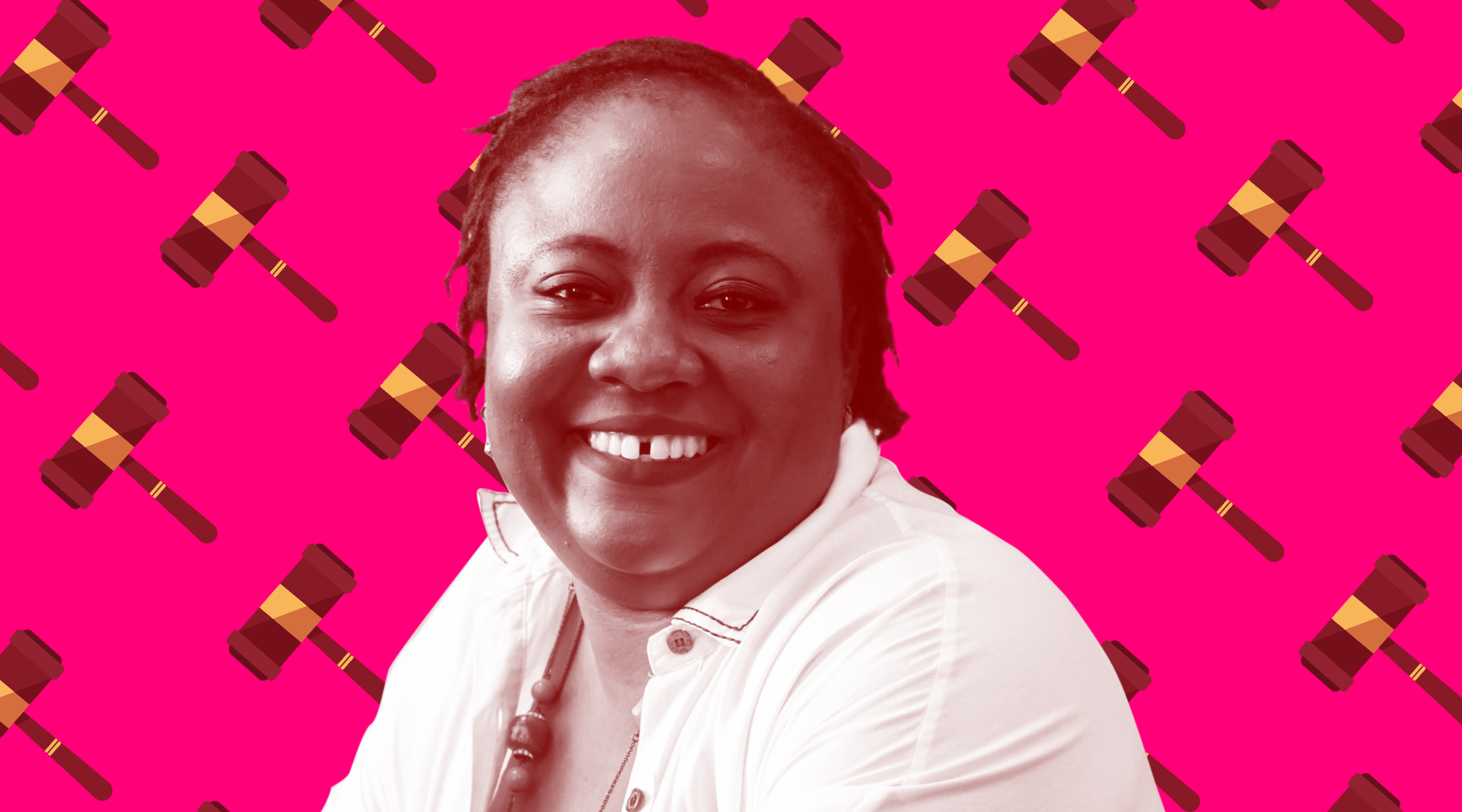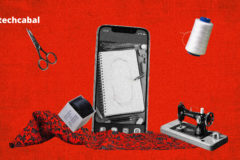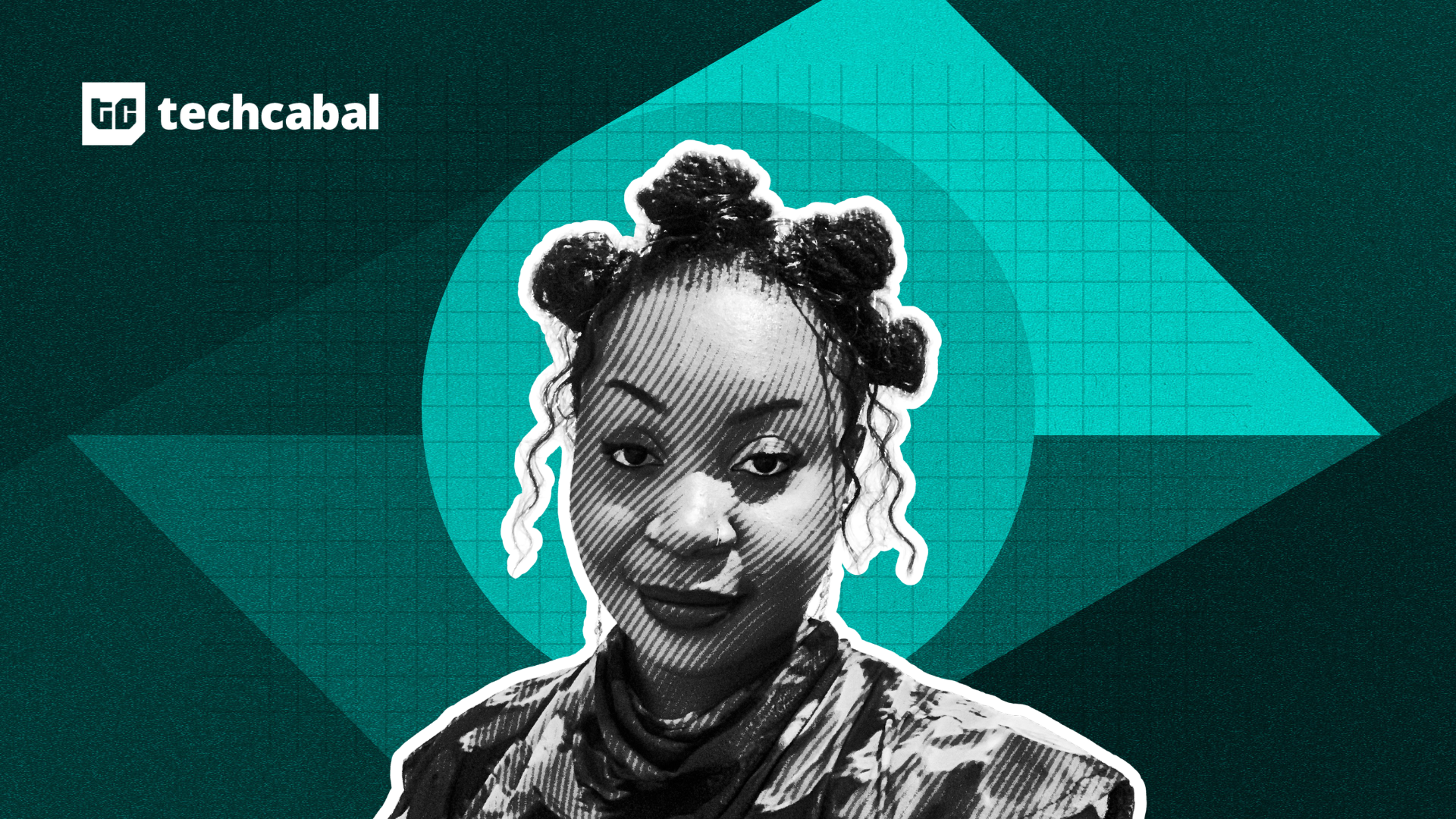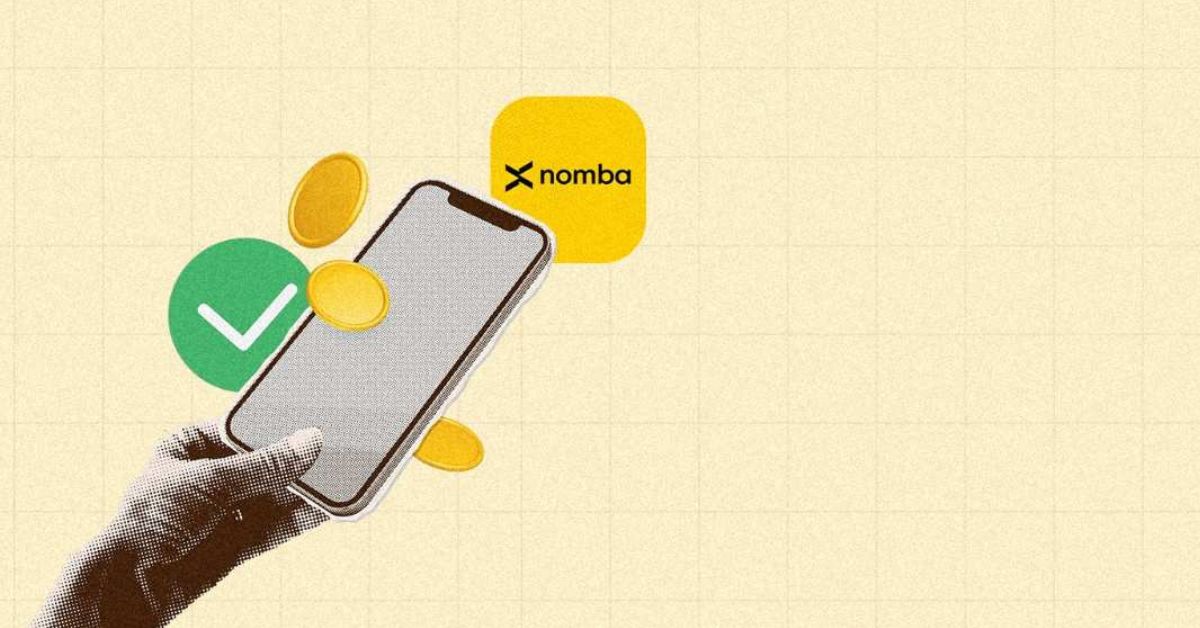My Life In Tech is putting human faces to some of the innovative startups, investments and policy formations driving the technology sector across Africa.
A tragic 1980 novel by Sidney Sheldon, Rage of Angels, is all it took for Odunoluwa Longe to decide she wanted to pursue a career in law. The novel’s stunning protagonist, Jennifer Parker, is a criminal lawyer who finds herself entangled in a dangerous love triangle with the Mafia, a future president of the United States and a veteran lawyer who’s taken a stab at her career in the past. Criminal Law never looked more appealing.
“Of course by the time I started studying law and I went to law school, I realised, criminal law in Nigeria? That’s not something you want to do.”
Longe, founder of what many consider Nigeria’s first legal tech firm, DIYLaw, chose to work with small businesses and startups instead.
“I really love working with entrepreneurs. Everything I do has to do with supporting or providing services to others doing businesses,” she tells me in her office overlooking the riotous Obalende roundabout, the honking of impatient buses and the loud, shrill voices of their conductors filtering through the closed windows. She finds the muted noise welcoming sometimes.
In addition to DIYLaw, Longe also runs The Longe Practice, a full-fledged law firm providing legal advisory services to businesses and startups.
“ I also support entrepreneurs through the Hague Institute for the Innovation of Law (HiiL),” she adds. At HiiL, Longe supports entrepreneurs working on justice innovations and every activity towards the achievement of the SDG 16.3 which seeks to provide access to justice for all.
Longe likes to read and write poetry. She loves stage plays and theatre. She’s recently found a new love for colouring and has become an “avid meditation practitioner”. I ask how that’s going. I can’t keep my mind still for longer than a minute to practice meditation meaningfully. But for Longe, it is more a necessity than attempting a new activity in hopes of becoming good at it.
“I had a mental health challenge last year/early this year. Meditation has really helped me to be centered among other things. I think it has been the primary reason why I am sane, why I stay sane.”
As the face of two law practices, I am at first confused about what differentiates Longe’s two companies.
“The main difference is that DIYLaw is not a law firm. It is a legal tech company,” she clarifies. “The Longe Practice is an advisory firm. It is a recognised law firm in Nigeria.”
Longe and The Longe Practice co-founder, Funkola Odeleye were schoolmates in university.
“I was friends with her sister but not her. We were not in the same set,” Longe said of Odeleye.
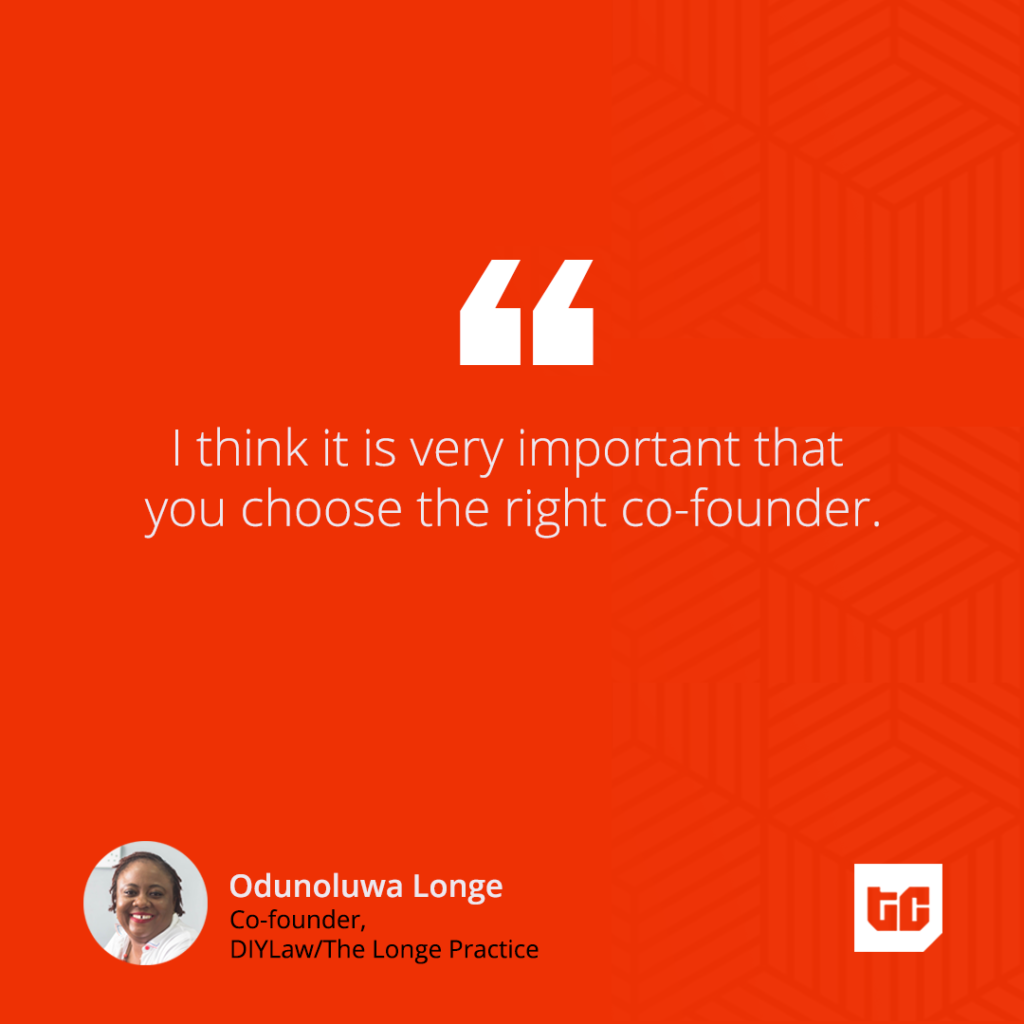
They both would become friends while working at FBNQuest, then FBN Capital. Both were practicing by the side, Odeleye for friends and family, Longe was more formalised.
So they decided to join forces and quit their jobs at FBN to found The Longe Practice. Odeleye, although chipping in suggestions and contacts came on board four months into the start of the company.
“That was like one of the best decisions,” Longe tells me. She is beaming.
Not wanting to outsource the technology component of DIYLaw, they brought on Bola Olonisakin whom Odeleye had worked with in the past when she ran a now-defunct ecommerce business, Home Shop Plus.
Longe says she shares an interesting and honest personal-work relationship with her co-founders.
“I think it is very important that you choose the right co-founder, it helps a lot. One of the reasons I also survived the mental health challenge is because I have great co-founders. The first person I spoke to, when I was able to, was Funkola.
“I had to take a back seat on a couple of things and no one knew there was that gap.”
In December 2015, barely months after starting, DIYLaw entered the Hague Institute for the Internationalisation of Law Innovative Justice Award for the SME Empowerment Innovation Challenge, East & West Africa. They won. The $40,000 prize went a long way for a company that was bootstrapping until that point. An acceleration program also meant that from the get-go, accountability, responsibility and doing things right was a no brainer. These qualities, Longe tells me, have formed the foundations of the work culture at her businesses.
Since this year, as the Country Representative Justice Innovation (West Africa) at the Hague Institute, Longe is also now involved in selecting the best innovations to drive justice for all through the Innovating Justice Challenge. This year, out of over 500 global applications, eight West African finalists have been selected to participate in the acceleration and entrepreneurship program to help scale their business ideas and solutions.
“This year we focused on money-related solutions. Hiil does research and 2018 we released a report that shows that the three biggest issues for Nigeria were money, crime and neighbour.”
She is excited about the selection and the solutions they bring to the table. There is Africlaim; a platform that helps you seek refunds for delayed flights; Vesicash, an escrow platform providing a digital dispute resolution mechanism which resolves digital transaction disputes in less than 72 hours; Community Peace Initiative, a proven community-led conflict resolution that began in a local government in Jos, northeast Nigeria. Participation in the acceleration programme will be accompanied by a €20,000 (₦8 million) grant funding.
“Doing business is hard in this country,” Longe says with a sigh.
Before we begin our conversation, Longe is trying to sort a delayed dispatch issue with her team. Having read about DIYLaw’s logistic challenges and plans to take ownership of this vital segment of the business, Longe tells me excitedly that they went through with the plan and their business has been the better for it.
“But occasionally, when we can’t do it by ourselves, it’s still a headache.”
Power, interfacing with government institutions, internet and labour costs, constitute the other challenges Longe says DIYLaw has to deal with as do many other small businesses in the country.
“For Longe Practice, it is what we sell. Nigerians don’t believe in paying for services. And when you say you are startup-friendly, they then expect services to be rendered free of charge or to pay pittances,” she adds.
There’s an important ongoing legal campaign Longe has taken up freely and out of a deep responsibility to the ecosystem in Nigeria under her legal advisory firm, The Longe Practice. In September, tech leaders and stakeholders launched an online campaign #StopRobbingUs to address the spate of indiscriminate arrests, assault and extortion software engineers in Lagos had been subjected to a special-ops unit of the Nigerian Police.
“What we’ve done is speak with a number of lawyers and we’ve been fortunate enough to have Probitas offer to represent the campaign pro bono,” Longe says.
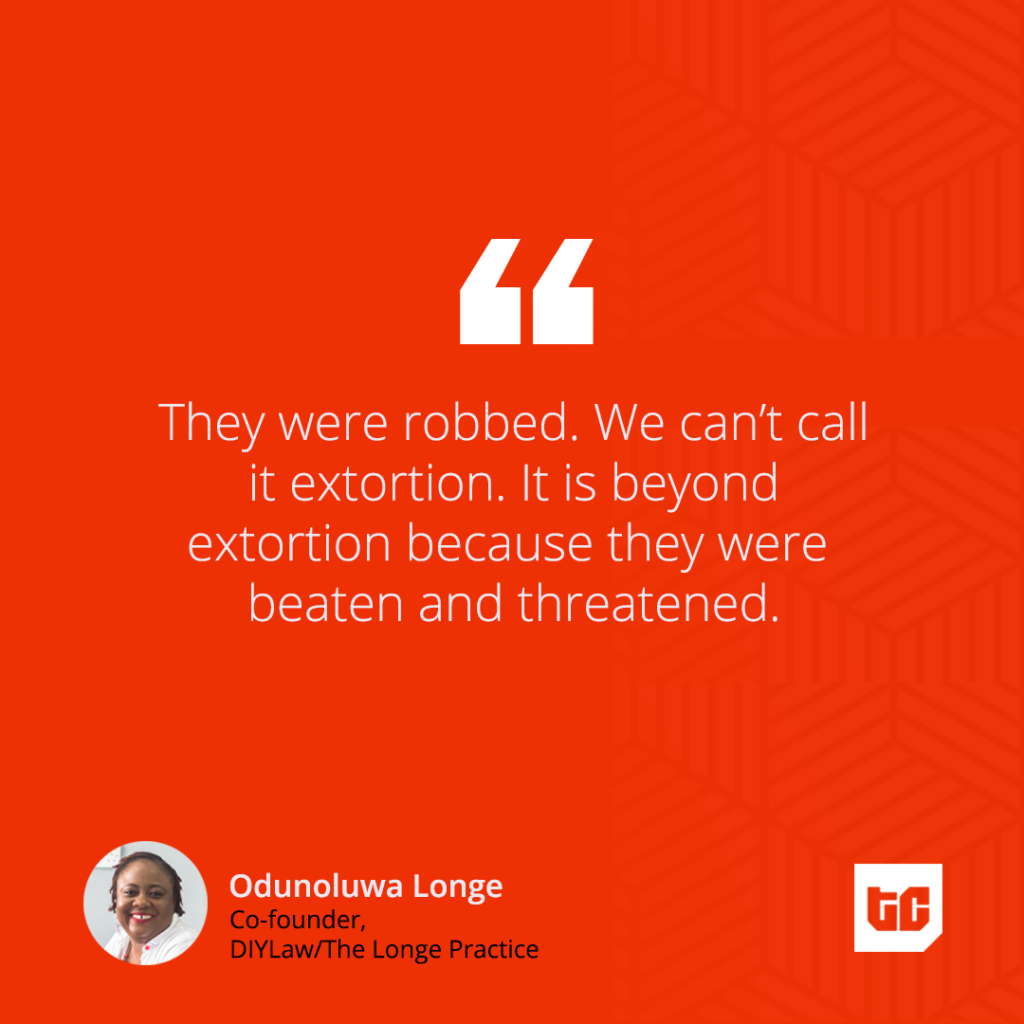
A disputation of lawyers has been assembled and includes two Senior Advocates of Nigeria, one of whom will be filing the case in court and leading the plaintiff to seek reprieve for the victims who have come forward so far and shared their experiences.
“They were robbed. We can’t call it extortion. It is beyond extortion because they were beaten and threatened.”
Longe hopes a suit will be filed before the year ends. At the same time, The Longe Practice is also engaging, via letters, with different agencies including the presidency, the police and relevant ministers to open up rooms for dialogue to bring these occurrences to an end.
“When it comes to the #StopRobbingUs campaign, I am open to any solution that will make it stop.”
Longe remembers the first person who paid for a service on DIYLaw fondly.
“That excited us so much because it wasn’t someone that any of us knew. His name is Emmanuel Oluwatosin. We had been doing a ‘coming soon’ thing and we had also been canvassing for votes for the Hague awards so I think he heard about that and immediately we went live, in less than 24 hours his order came in.
“We went bonkers. We weren’t even ready at the back. Like ‘Bola, someone just bought something, we can’t see it, how do we process the order?”
It’s been four years since that day and DIYLaw has served and continues to serve some of the most impactful startups and small businesses in Nigeria including agritech company Thrive Agric and LifeBank, the medical logistics company which recently won the inaugural Jack Ma Africa Netpreneur Prize.
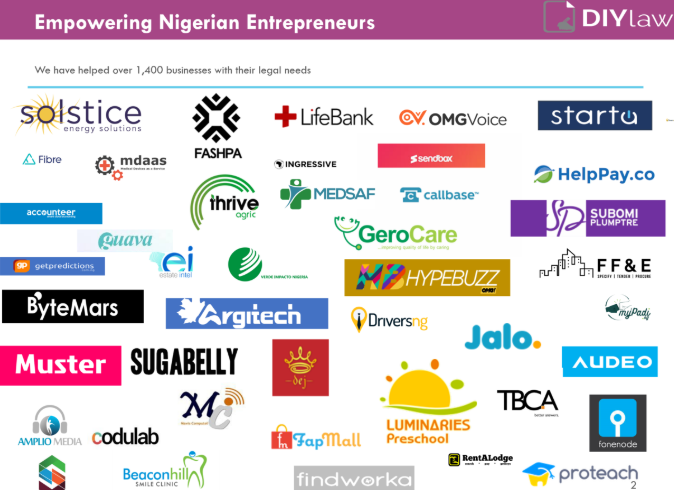
Source: DIYLaw
There’s a lot more that needs to be done and Longe is growing both businesses to cater to the widening needs of her clients. The Longe Practice, she says, is repositioning to become more pan African in its approach.
“Most of our clients are expanding to other African markets and it doesn’t make sense to be just here. We should be able to move with them.”
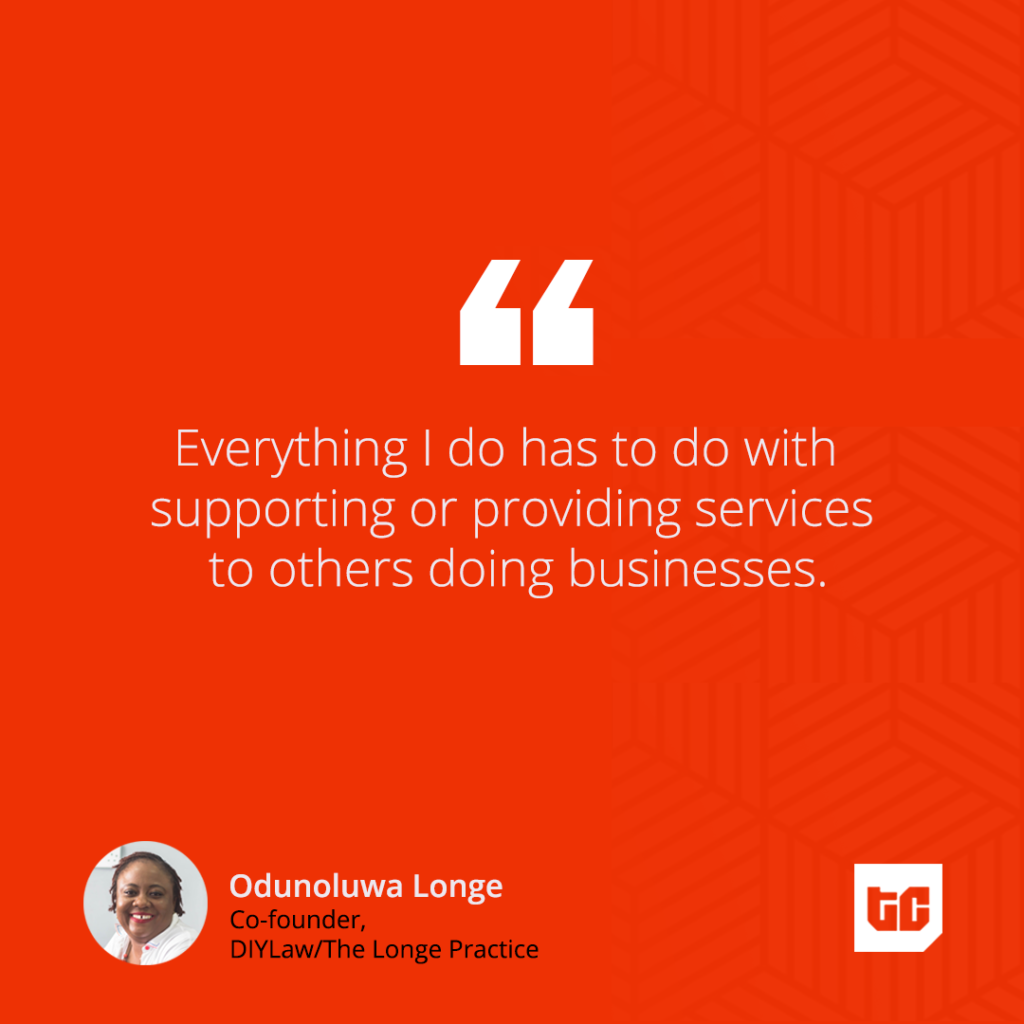
She also says going from the range of requests they receive from investors and businesses, The Longe Practice is thinking of widening its service offerings to include things like financial due diligence in collaboration with those who have these competencies.
The same applies to DIYLaw which she says will soon become an aggregator for new businesses to provide them with more than legal assistance that new companies require when starting.
Longe has made it her life’s work to help small businesses through the rigours of doing business in a difficult terrain like Nigeria even as she navigates the same as a founder of two tasking businesses.
“It’s been filled with ups and downs,” Longe says with a brief pause. “I will always do this again. I don’t think I have any regrets. There are lessons I have learnt but if I had to do this again, I will again, resign to come and do this.”









